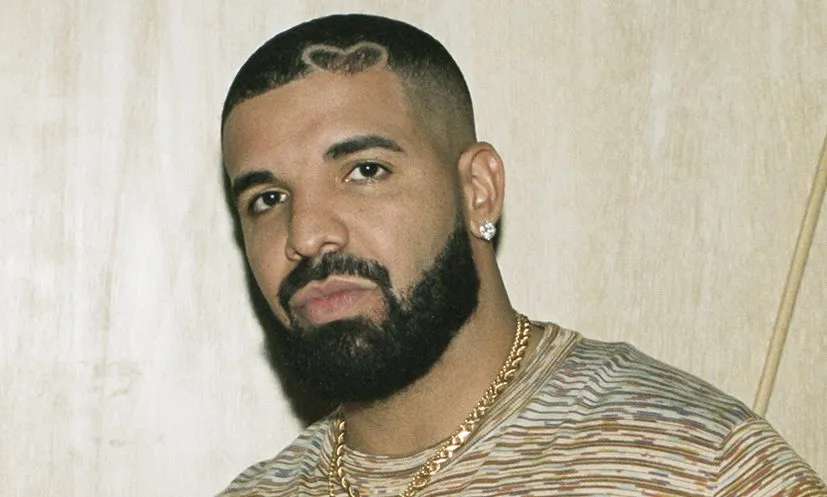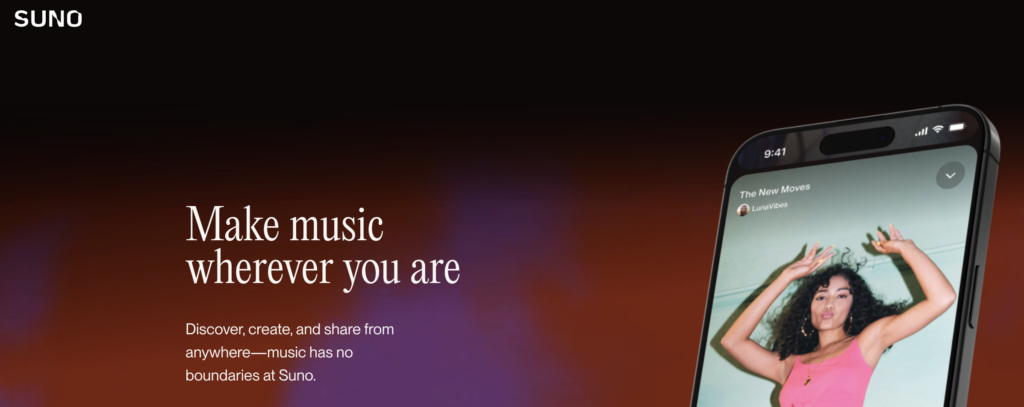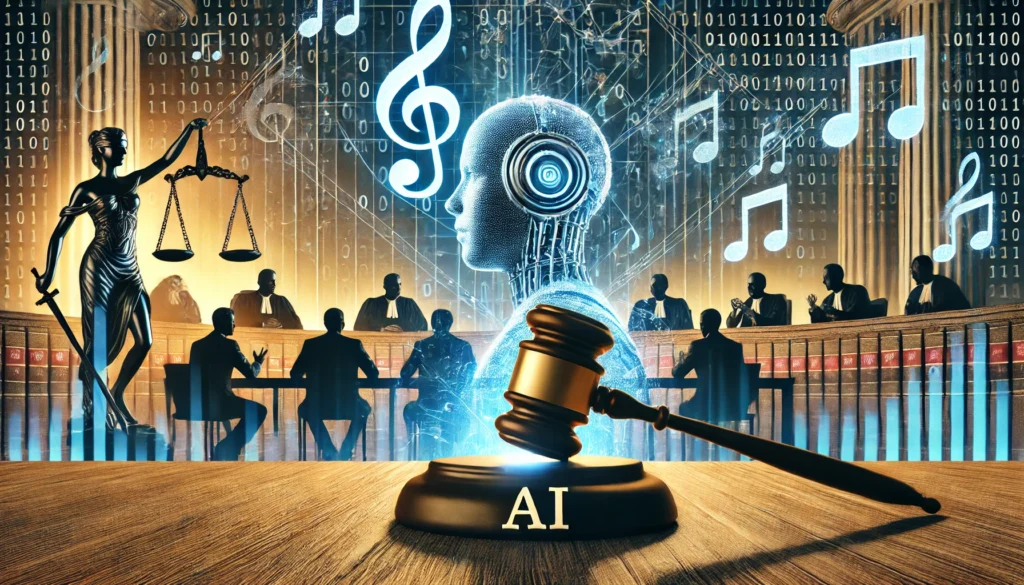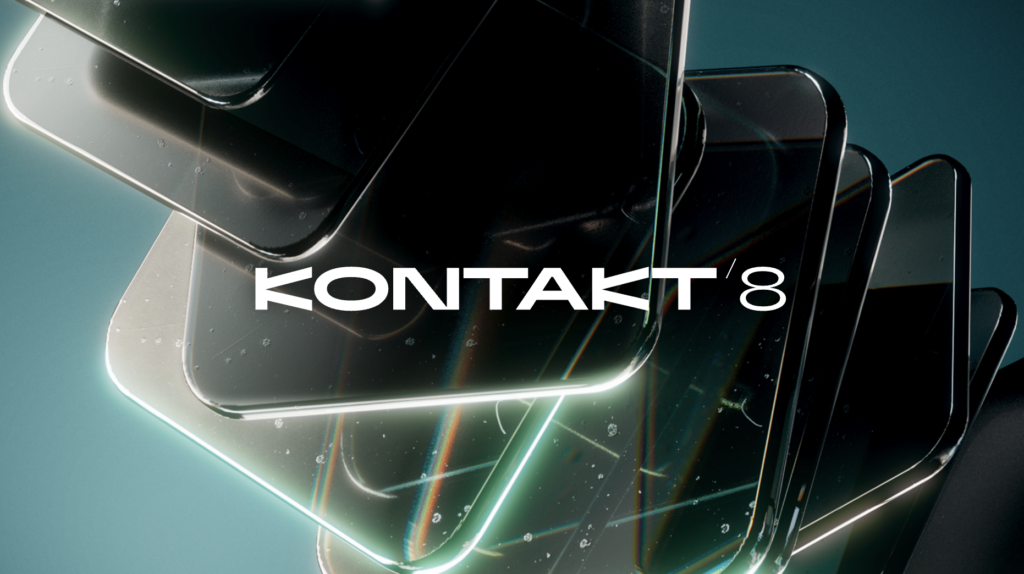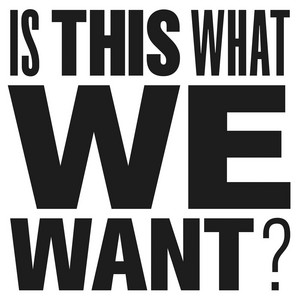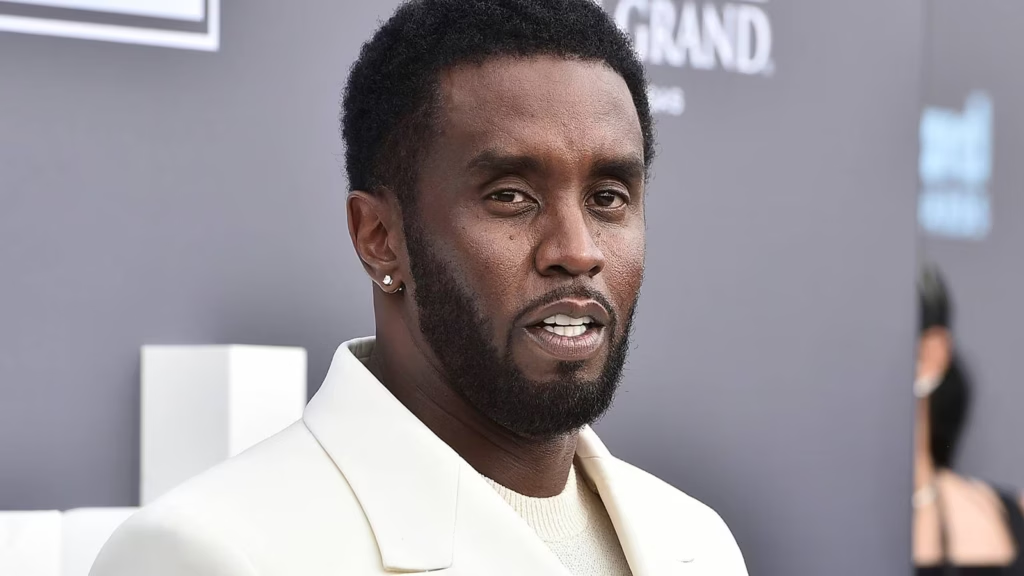March 1, 2025 – Global hip-hop superstar Drake has officially settled his legal dispute with iHeartMedia, the largest radio network in the United States. The controversy stemmed from allegations that Universal Music Group (UMG) and iHeartMedia engaged in an illegal promotional strategy to give excessive airplay to Kendrick Lamar’s diss track, “Not Like Us.”
The track, which became a viral sensation, was widely interpreted as a direct attack on Drake, leading to a heated rivalry between the two rap icons. The legal battle, however, focused on the alleged collusion between iHeartMedia and UMG, with Drake claiming that his reputation was intentionally damaged through unfair media practices.
The Origins of the Legal Dispute
The feud between Drake and Kendrick Lamar escalated throughout 2024, culminating in Lamar’s release of “Not Like Us.” The song quickly became a massive hit, dominating radio airwaves and streaming platforms. However, what seemed like an organic viral moment soon drew scrutiny when reports surfaced that iHeartMedia had given the track an unusually high number of rotations across its radio stations.
Drake’s legal team filed a lawsuit against iHeartMedia in early 2025, alleging that:
- iHeartMedia received undisclosed payments from Universal Music Group to prioritize “Not Like Us” over other songs.
- The excessive promotion led to false narratives about Drake, damaging his public image.
- The campaign was intended to boost Kendrick Lamar’s song artificially, skewing the organic performance of rap battles in the industry.
Drake’s attorneys argued that the scheme was an example of “corporate-backed defamation,” where media giants could unfairly influence public perception for financial or strategic gains.
The Impact of “Not Like Us” on the Hip-Hop Landscape
The release of “Not Like Us” became one of the biggest rap diss tracks in recent memory, drawing comparisons to legendary hip-hop feuds. The song not only dominated streaming charts but also became a staple on radio stations, clubs, and social media.
Many fans saw the Drake vs. Lamar feud as a return to the competitive spirit of rap, but behind the scenes, it raised questions about the role of record labels and media corporations in shaping artist rivalries.
Drake’s lawsuit was particularly significant because it suggested that major labels and media conglomerates could manipulate these feuds for financial gain, possibly at the expense of an artist’s reputation.
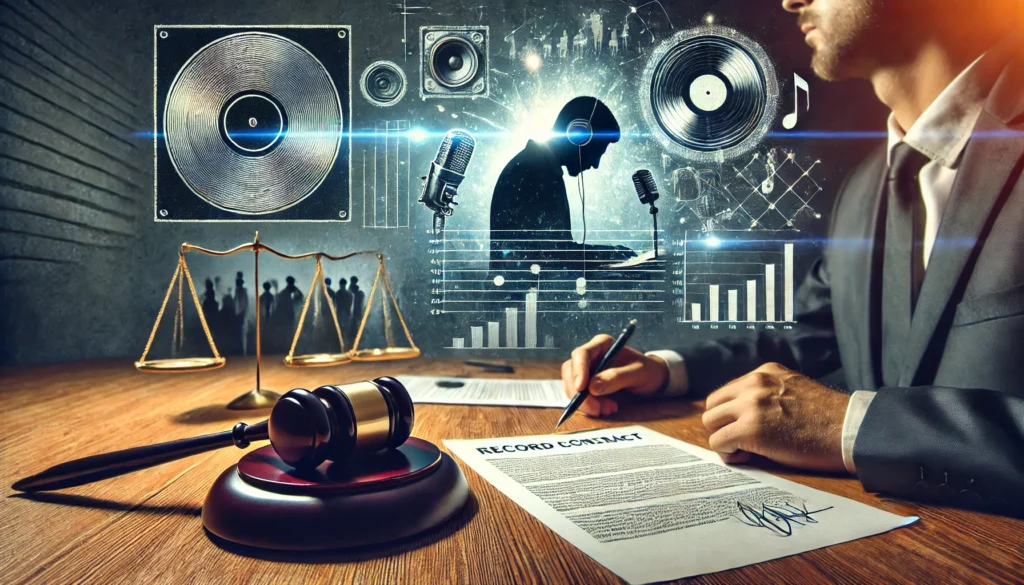
Settlement Terms and Unresolved Claims
While iHeartMedia and Drake have now reached a settlement, the exact terms remain confidential. However, sources close to the situation suggest that:
- iHeartMedia did not admit to any wrongdoing but agreed to adjust its internal practices regarding how record label promotions influence airplay.
- Drake dropped all legal claims against iHeartMedia in exchange for an undisclosed settlement fee.
- Both parties agreed to refrain from further public comments on the matter.
Despite settling with iHeartMedia, Drake’s legal battle with Universal Music Group (UMG) is still ongoing. The lawsuit against UMG remains active, with Drake demanding full transparency on the alleged deals that influenced airplay statistics.
ALSO: Can You Copyright AI Music in 2025? Understanding Legal Rights & Ownership
How Does This Impact the Music Industry?
This case has reignited concerns about industry manipulation and the power of major corporations in the music business. Critics argue that this situation exposes flaws in how music is promoted and distributed, raising questions about media fairness and payola-like tactics.
Key Industry Reactions
- Artists Speak Out
Several artists have reacted to the situation, with some voicing support for Drake’s stance on media transparency. Others argue that rivalries are a natural part of hip-hop and that airplay alone does not determine success. - Record Labels Under Scrutiny
The case has drawn attention to UMG and other major labels, with some critics arguing that powerful corporations hold too much influence over what the public hears. - Streaming vs. Traditional Radio
The lawsuit has also sparked discussions on the relevance of radio airplay in the streaming era. While streaming platforms dominate music consumption, radio still plays a major role in shaping the industry, particularly for mainstream audiences. - Legal Precedents
If Drake’s case against UMG proceeds further, it could set a legal precedent that forces record labels to be more transparent about their relationships with radio networks.
What’s Next for Drake?
Despite the controversy, Drake remains focused on his music. Reports suggest that he is currently working on new projects, with speculation that his next album may address the legal battle and the rap feud with Kendrick Lamar.
Some insiders believe that Drake could use this situation to fuel his next release, much like artists before him who have turned personal and legal struggles into chart-topping material.
Meanwhile, his legal team continues its battle with UMG, seeking a ruling that could reshape the way record labels interact with media companies.
Conclusion: A Case That Could Change Music Promotion
The settlement between Drake and iHeartMedia closes one chapter in this ongoing saga, but the larger implications for music industry ethics remain. The case has highlighted:
- The potential manipulation of artist feuds by major corporations.
- The lack of transparency in music promotion and airplay.
- The ongoing power struggle between artists, record labels, and media giants.
If Drake’s lawsuit against UMG proceeds, it could uncover more details about corporate influence in the music business, potentially leading to new industry regulations.
For now, Drake has resolved his dispute with iHeartMedia, but the music world will be watching closely to see how his battle with Universal Music Group unfolds.
For more updates on this story, visit AP News.

